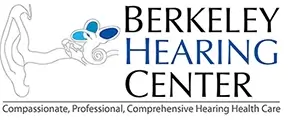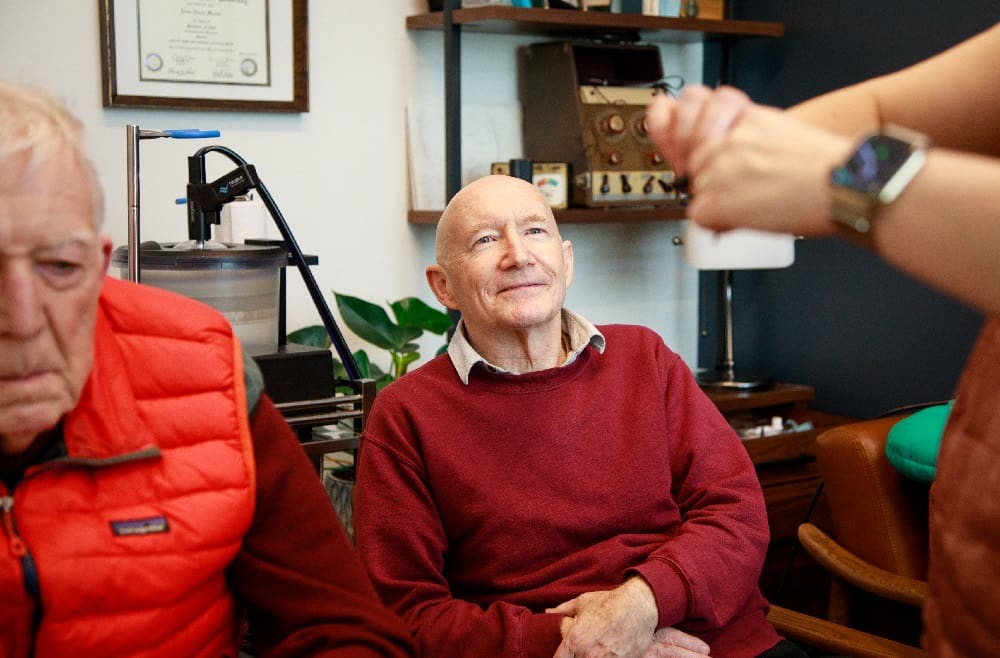2022-07-30
Jonathan Lipschutz Audiologist, M.S., F-AAA, Co-Owner
Prior to becoming an Audiologist, I began my service in healthcare as a Paramedic. And while working my way through school, I was a Psychiatric Technician in an acute care facility. Though they’re all very different healthcare fields, one thing that’s always been critical to properly addressing the patient’s concerns/issues is a thorough and accurate medical history. It may seem obvious, but how can we hope to address our patients’ complaints without understanding the signs (observable indicators), symptoms (subjective complaints), past medical history and other factors which led them to us in the first place.
Even in a field as specialized as Audiology, there are many (seemingly unrelated) things that can affect the ears and hearing. Patients are often surprised at the amount and type of questions we ask in our history taking. But as the song says, “the knee bone is connected to the thigh bone”. The body is incredibly interrelated and interconnected, such that a treatment for one part of the body may have negative effects elsewhere.
This point was reinforced by a recent news article I came across about research from the University of San Francisco (UCSF). According to UCSF professor Steven W. Cheung, their research demonstrated for the first time “that hearing loss and tinnitus are highly prevalent problems in survivors of the four most common types of cancer.” The study looked at 271 cancer survivors who had completed treatment 5 years earlier. The medical community has known for a long time that platinum-based chemotherapy drugs (commonly prescribed in treating cancer) are toxic to the ears (ototoxic). This study, however, revealed that taxanes (another commonly prescribed class of chemotherapy agents) are also ototoxic. And the numbers were pretty staggering. More than 50% of participants experienced significant hearing loss and 35% reported tinnitus. Participants with hearing impairment reported the loss significantly affected routine activities like watching television, talking with family or conversing in restaurants. And those self-reporting tinnitus symptoms indicated it affected their ability to relax, concentrate, sleep and enjoy life. If that isn’t scary enough, the study found that 31% denied having hearing loss that were later found to have hearing impairment AND only 17% of participants wore hearing aids–the only treatment for hearing loss!
There are many other pharmaceutical drugs (prescription and over-the-counter) that are known to affect the ears-aminoglycosides (powerful antibiotics), loop diuretics, tricyclic antidepressants, NSAIDs to name just a few.
So past and present use of prescription drugs is one of the many things we ask our patients about.
Other questions include past work and recreation history (assessing for loud noise exposure), family history of hearing loss (familial or genetic issues) or balance/dizziness complaints.
As a healthcare ‘consumer’, take away from this the importance of helping your provider help you by providing an accurate history. To healthcare providers out there reading this, please be aware of these potential issues, educate your patients and proactively refer them for hearing evaluations.
Please continue to love your community by getting vaccinated/boosted & masking up where and when appropriate. And please always support our local businesses.
https://berkeleyhearing.com/wp-content/uploads/2024/10/Schedule-a-hearing-evaluation-today-and-ensure-your-healthcare-provider-has-all-the-information-to-help-you-get-the-best-care-possible.jpg
Jonathan Lipschutz Audiologist, M.S., F-AAA, Co-Owner






